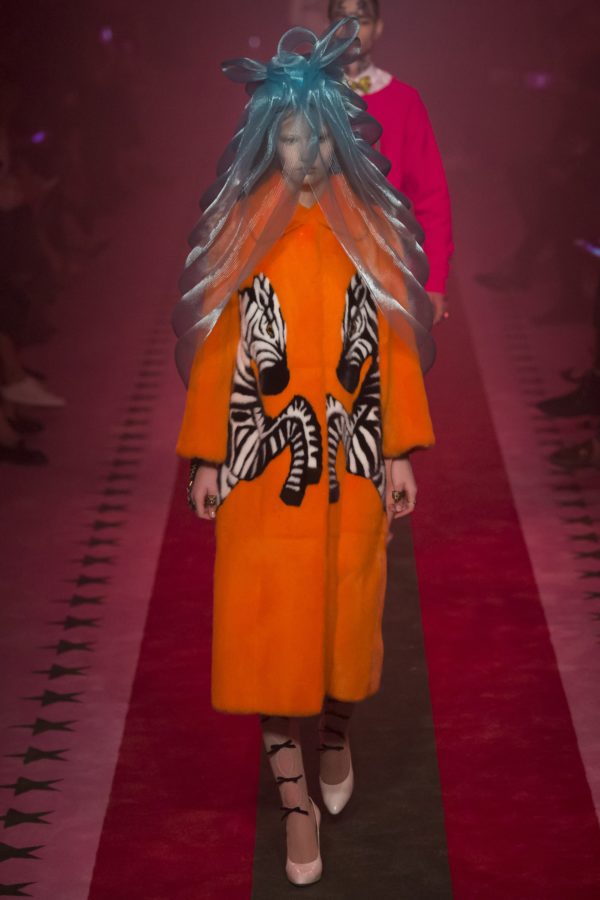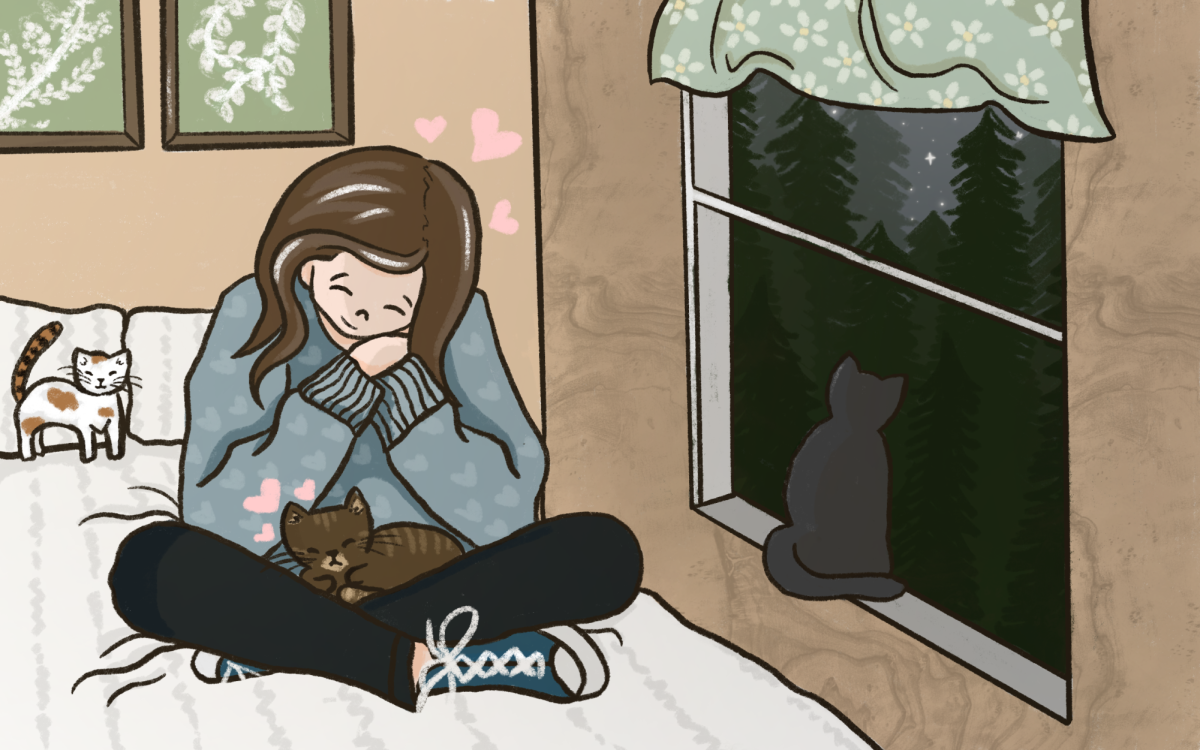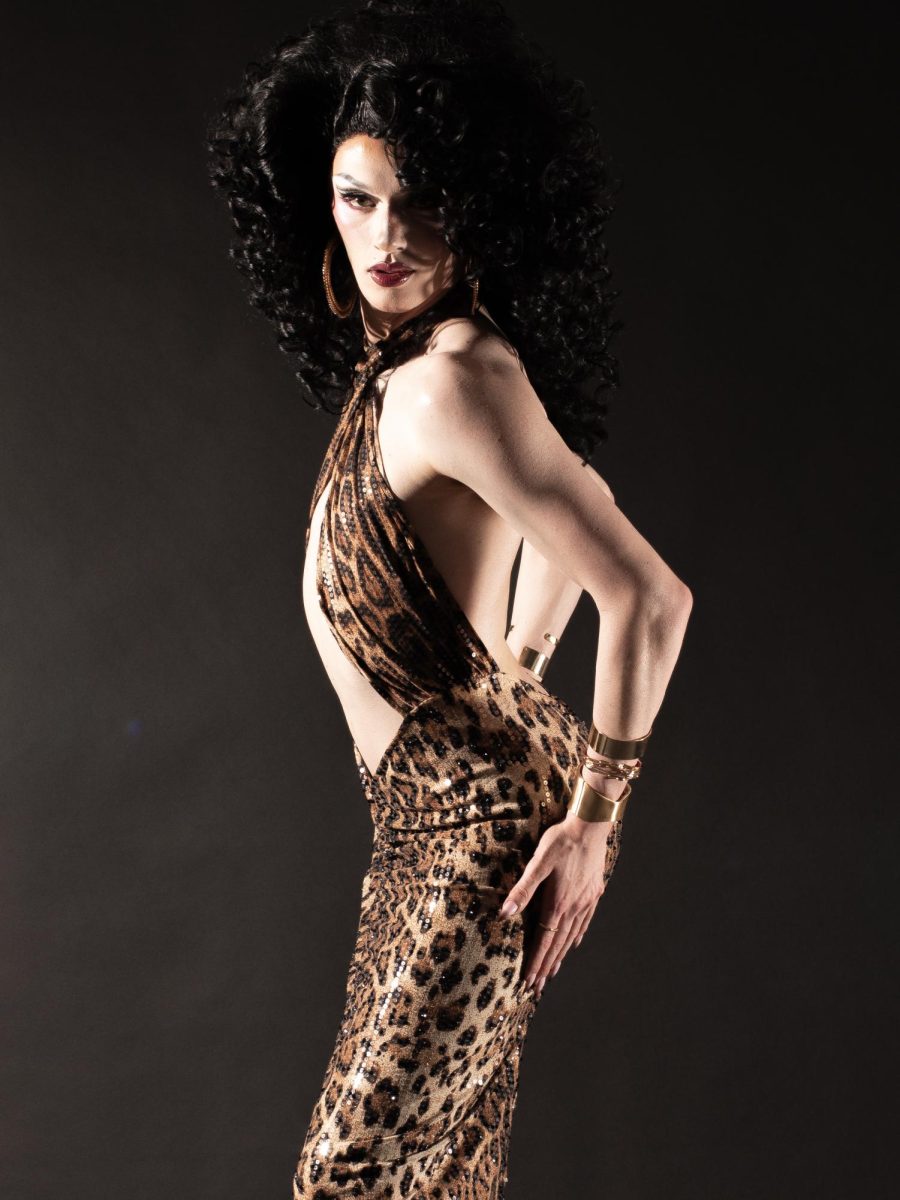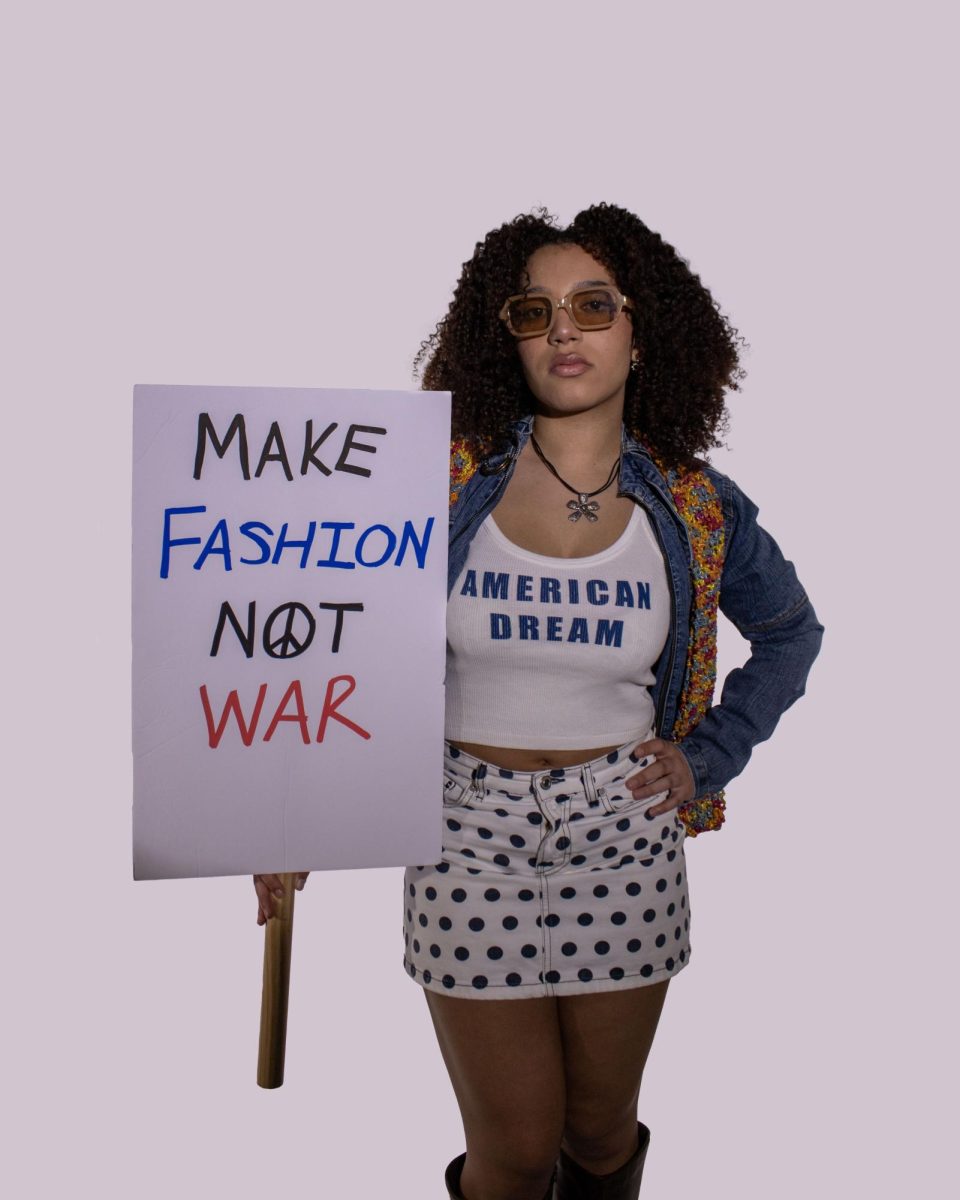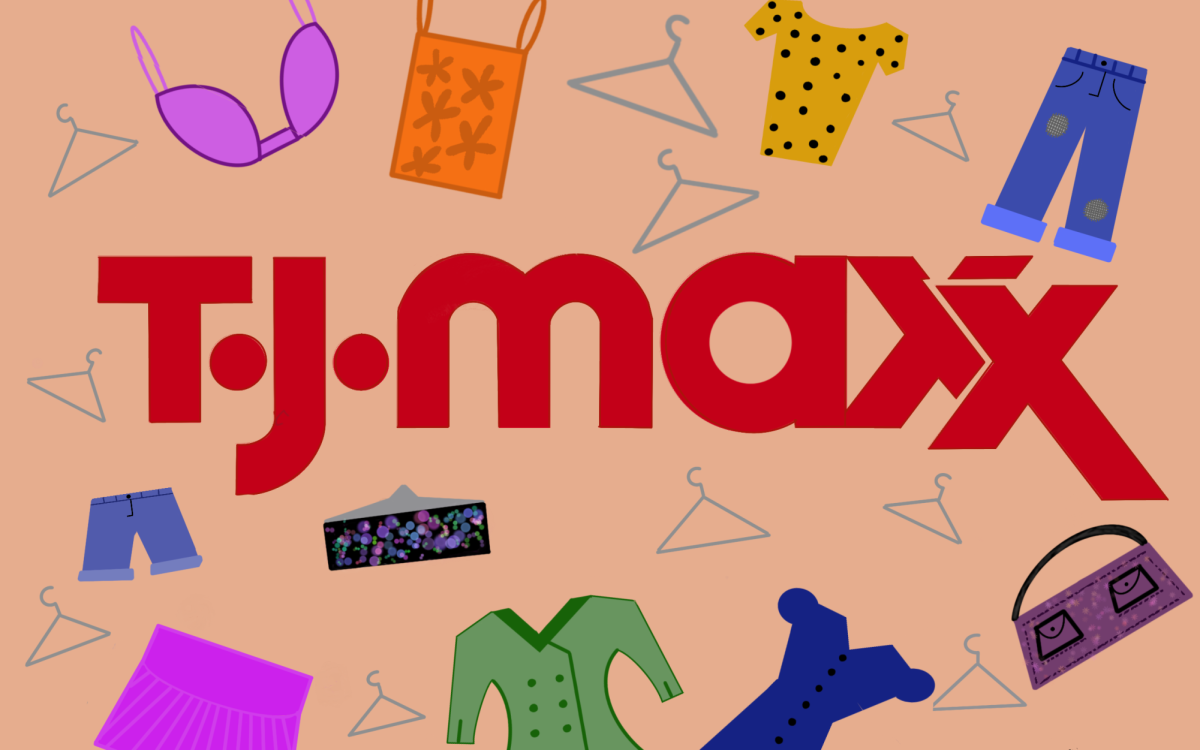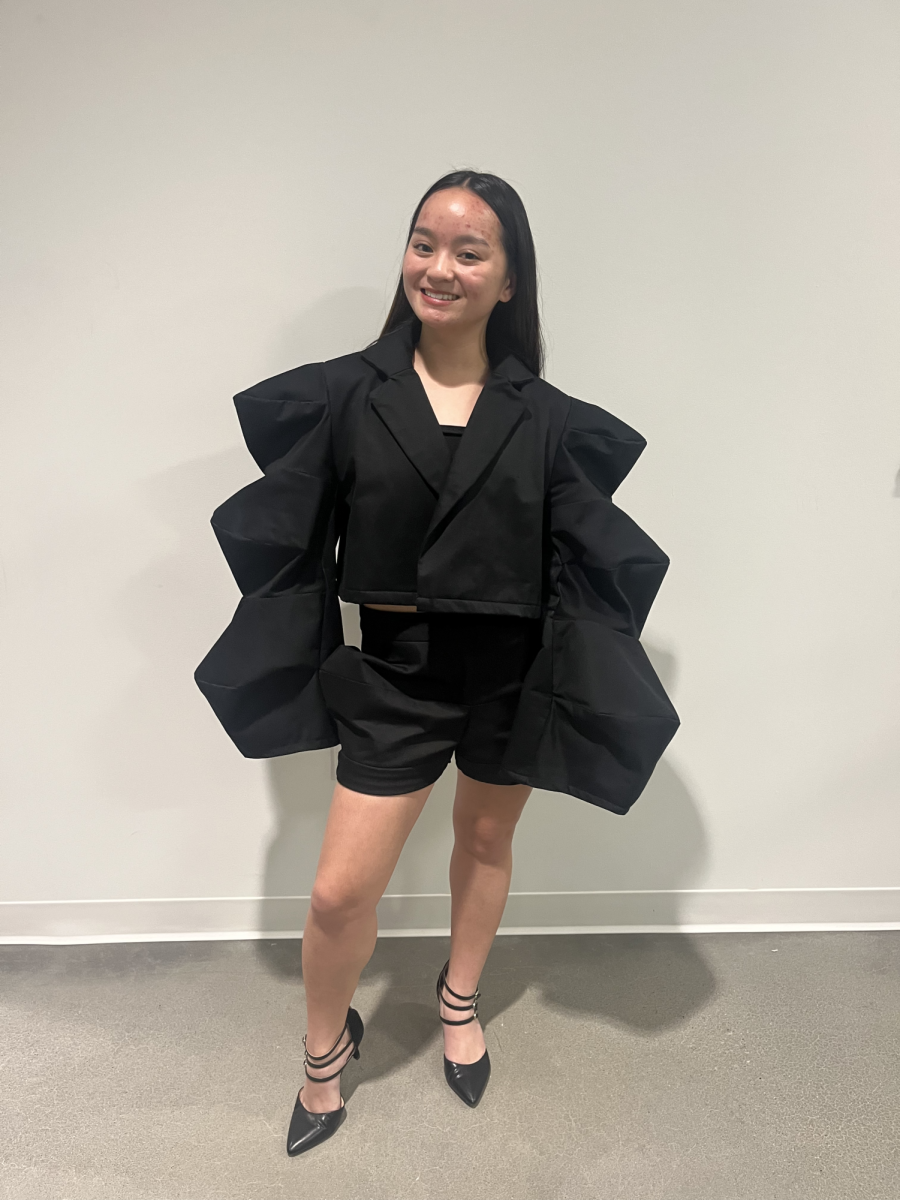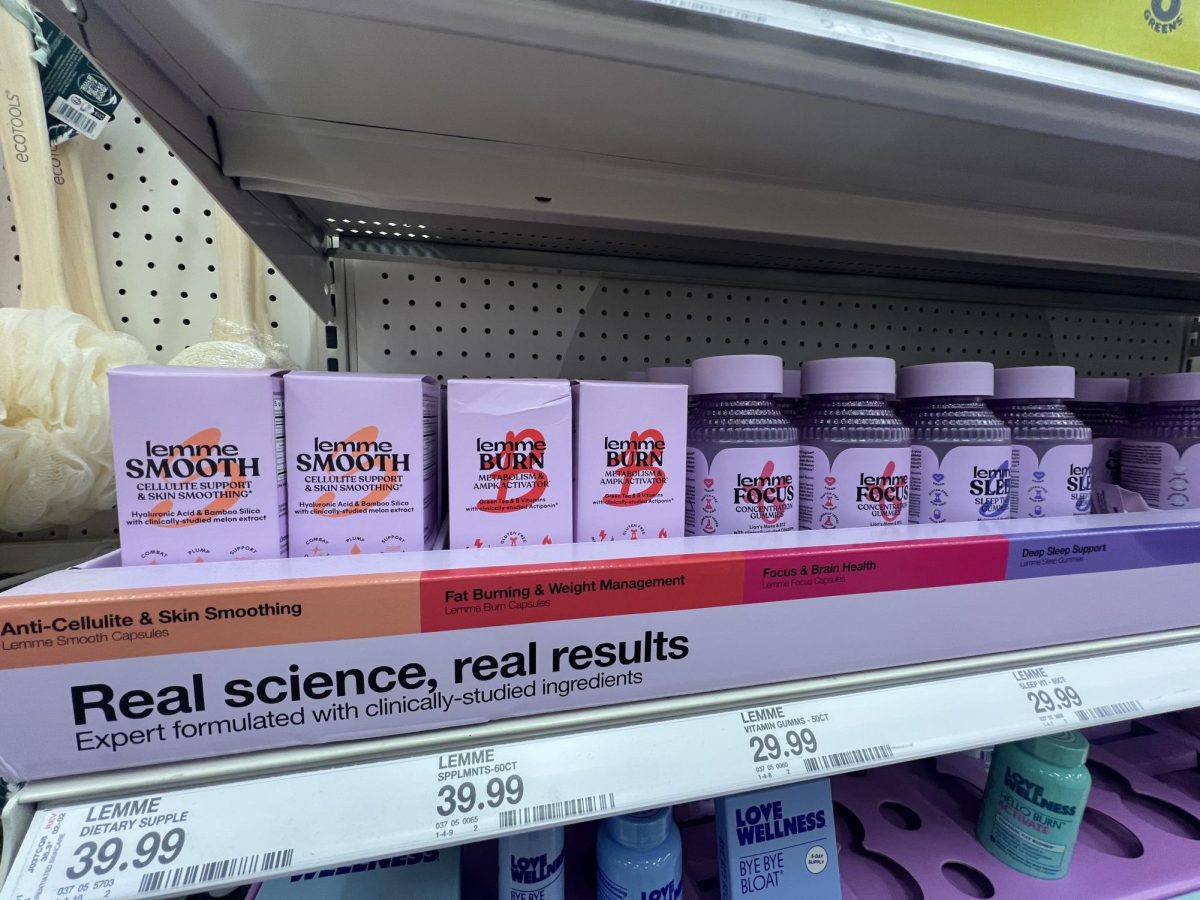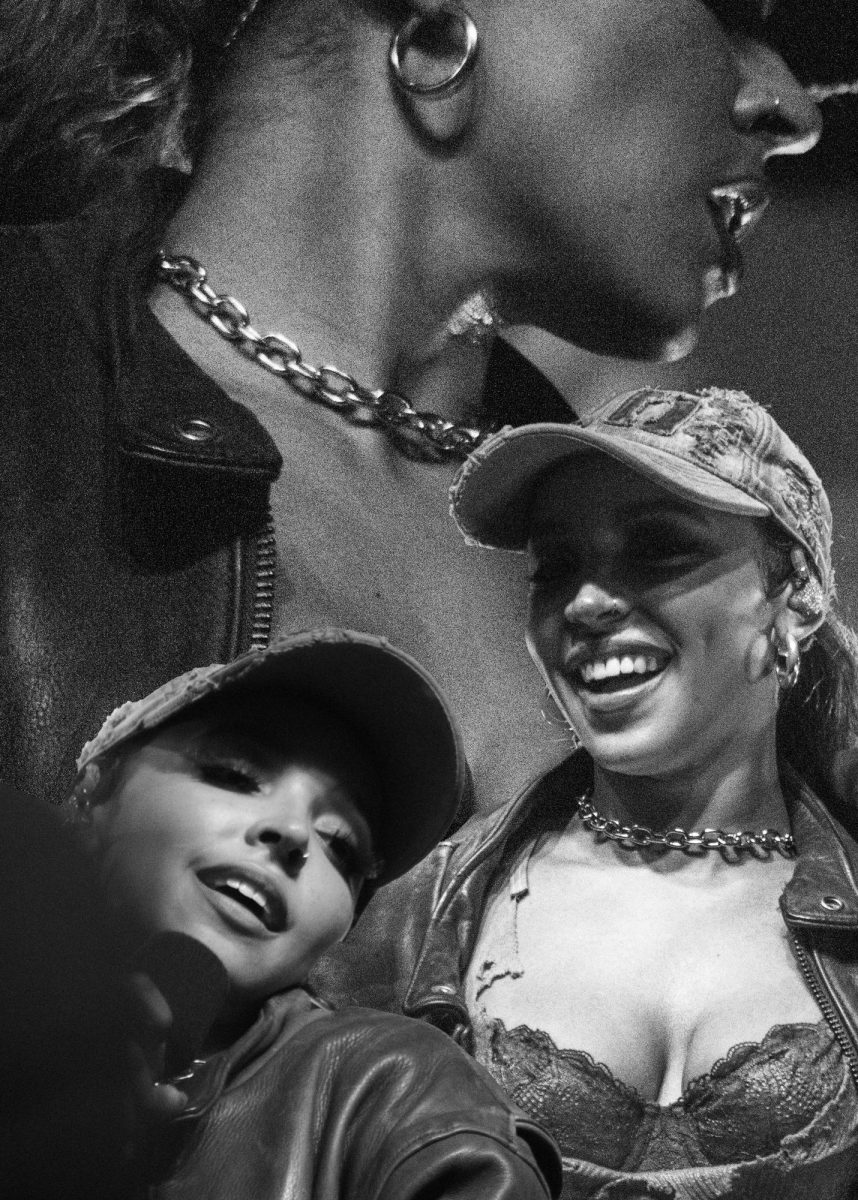By Erica Carter
Gucci recently joined the new wave of anti-fur, leaving other brands wondering if they too should follow suit. The Italian powerhouse announced the news at the fourth annual Kering Talk on sustainability in partnership with the London College of Fashion.
Gucci’s main fur supplier was Saga Furs. Saga Furs is a Finland-based auction that supplies to Fendi, Louis Vuitton and Versace. Despite the pressures of big brands like Gucci deferring from fur, Saga still believes many brands will stay committed to fur.
Charlie Ross, Saga’s head of sustainability, says that demand is high from both established and upcoming labels and that prices have been rising.
“We’ve had a great 15-year relationship with Gucci,” Ross says in a statement the day after Gucci revealed its decision to go fur-free. “We were sorry to see them go, but we are happy that this is not a Kering decision. We have spoken to Kering, and many other Kering brands will continue using Saga-certified furs.”
Kering is an international luxury brand group based in Paris. In addition to Gucci and Stella McCartney, which also doesn’t use fur or leather, Kering owns Balenciaga, Alexander McQueen, Bottega Veneta and Saint Laurent. Kering states on its website that it wants to allow brand’s freedom to make its own decisions regarding the use of fur in products.
Ross says in an interview with WWD that the company will not dwell on Gucci’s decisions and move forward with focusing on other clients. Gucci was just another client to them, and its sales will not be affected.
This fur-free line will go into effect with Gucci’s spring/summer 2018 collection. Gucci has been added to a family of major labels that have stopped using real fur, including Ralph Lauren, Giorgio Armani, Tommy Hilfiger and Calvin Klein.
Gucci’s chief executive officer Marco Bizzarri says the use of real fur feels “outdated,” and Gucci needs to use its high visibility to encourage positive change.
It is no shock that the Italian house is going fur-free. Kering is involved in numerous environmental and social initiatives.The house has already eliminated kangaroo fur last years and has since replaced it lamb’s wool. Gucci’s fur offer mainly consisted of lamb-and-mink and rabbit fur. Those materials will be replaced with faux fur, wool and new fabric innovations.
Bizzarri has high hopes for the brand going anti-fur. He believes it will open the brand up to luxury consumers who are more conscious of sustainability and ethical issues.
“The decision marks a clear shift in acknowledging the younger demographic as the main fashion buying force and acknowledging social media as the fashion main media channel,” says Pete Killian, principal at the Cambridge Group. “Fur is not popular on Instagram, and big brands want to avoid potential scandals on social.”
In the midst of trying to avoid a scandal, Saga has an annual certification program in place that ensures its fur is made sustainably.
It wasn’t long before Gucci made its announcement that PETA voiced their support. PETA has been in a long battle with Gucci over usage of fur, lambskin and other animal products.
“After more than 20 years of PETA protests against Gucci’s kangaroo-fur loafers and seal-fur boots, Gucci has finally pledged to join Armani, Ralph Lauren and Stella McCartney in the ranks of fur-free fashion houses,” PETA says in a statement. “The writing was on the wall: Today’s shoppers don’t want to wear the skins of animals who were caged, then electrocuted or bludgeoned to death. Until all animal skins and coats are finally off the racks of clothing stores worldwide, PETA will keep up the pressure on the clothing and fashion industry.”
Along with the support of PETA and Kerign, Gucci also has the support of millennials and up-and-coming designers. Both of which, are becoming more conscious of the environment and sustainability.
Todd White, a senior fashion merchandising student at Kent State, believes this change will be good for Gucci. While interning for stylist Zoe Costello this summer, he noticed the shift in fur products being used.
“I like that Gucci made this decision,” White says. “It’s sure to make other brands follow suit, and it’s more sustainable. It’s 2017, nobody using real fur anymore. We want brands to be more sustainable.”
White also points out something that the Italian house didn’t think about.
“With them, and many other brands, getting rid of real fur makes it really easy for fast fashion to copy,” he says. “They’re going to have to find a way to make their products more competitive in the market and impossible to duplicate.”
Bizzarri hopes that the decision to go fur-free will impact the fashion industry and inspire a change in other brands to be more sustainable, saying “Gucci is so visible, so well-known; we need to use that in a positive way.”

